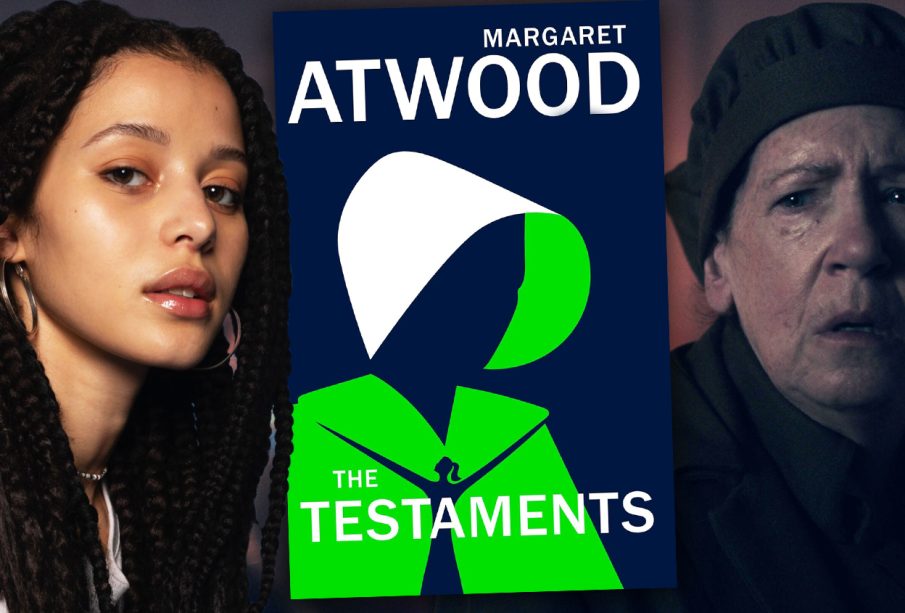‘The Testaments Series’: A Gripping Continuation of Dystopian Themes

Introduction
In a world increasingly focused on themes of autonomy, power, and resistance, Margaret Atwood’s ‘The Testaments’ series emerges as a significant literary phenomenon. Serving as a sequel to the critically acclaimed ‘The Handmaid’s Tale’, this series continues to captivate readers worldwide. With its rich narrative and exploration of women’s rights, ‘The Testaments’ invites a timely discussion on the societal issues that remain relevant today.
The Series Overview
Published in 2019, ‘The Testaments’ is set 15 years after the events of ‘The Handmaid’s Tale’ and is narrated from the perspectives of three women: Aunt Lydia, and two young female characters whose lives are intertwined with Gilead, the oppressive regime depicted in the first novel. Atwood’s return to Gilead not only reinvigorates the original storyline but also adds depth to its already established fictional universe.
Current Reception and Impact
Since its release, ‘The Testaments’ has garnered widespread acclaim, winning the Booker Prize in the same year it was published. Critics have praised Atwood for her remarkable ability to intertwine historical contexts with speculative fiction. The novel addresses not just the horrors of a totalitarian regime but also intergenerational themes of resistance and complicity, reflecting on how women’s roles can be both subversive and conforming.
The series has sparked renewed interest in dystopian fiction, as modern readers draw parallels between Atwood’s world and current global events, such as political unrest and debates over women’s rights. Book clubs and literary communities have engaged in discussions about the implications of power dynamics illustrated in the novels, making it a topic of ongoing relevance.
Television Adaptation and Future Prospects
The success of ‘The Testaments’ has also been bolstered by the television adaptation of ‘The Handmaid’s Tale’. The show’s popularity brings heightened visibility to Atwood’s work, with many viewers now turning to the literary sequels for deeper understanding of the characters and plotlines. Rumors of a possible screen adaptation of ‘The Testaments’ have fans eagerly awaiting new developments.
Conclusion
The ‘Testaments’ series stands not just as a continuation of a beloved narrative, but as a crucial commentary on the societal constructs that govern women’s lives. As conversations about women’s autonomy and societal structures persist, Atwood’s work remains as relevant as ever. Readers and viewers alike are encouraged to reflect on these themes as they navigate through a world that often resembles the troubling realities presented in ‘The Testaments’. The series champions not only the fight against oppression but also hopes for a future where freedom and choice prevail.








